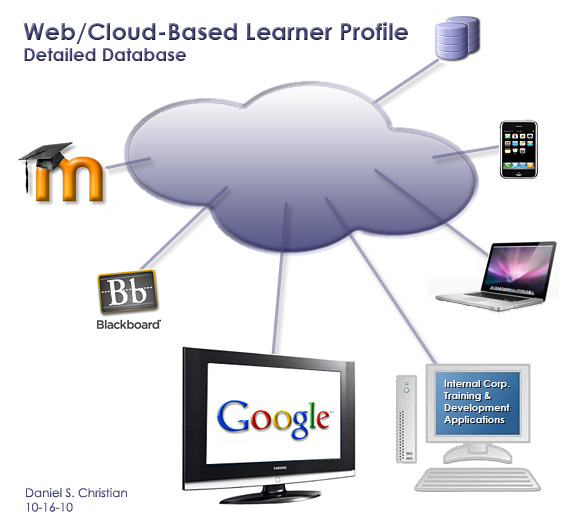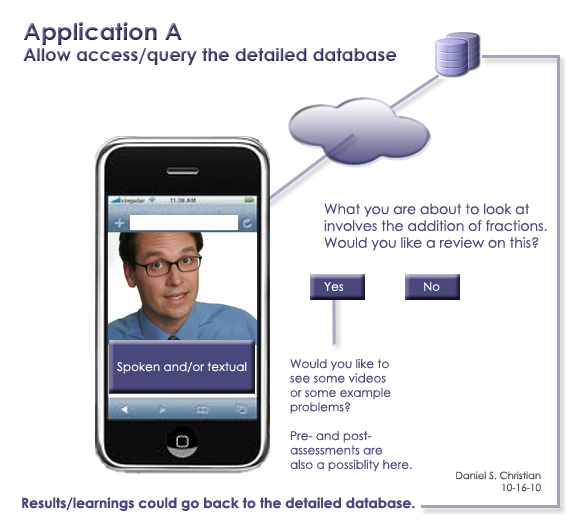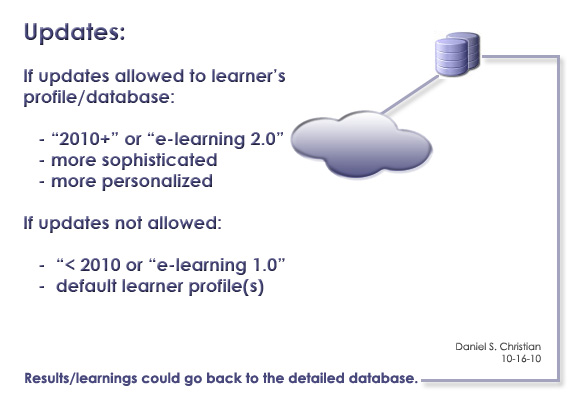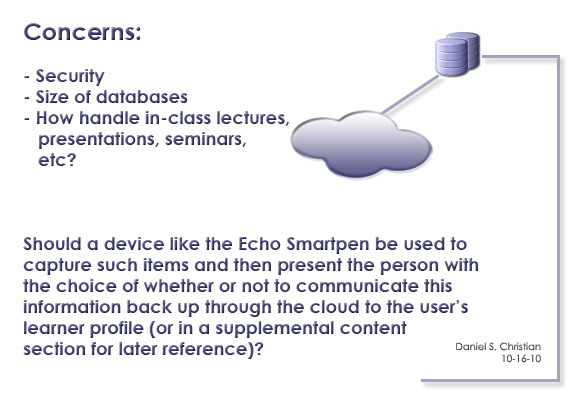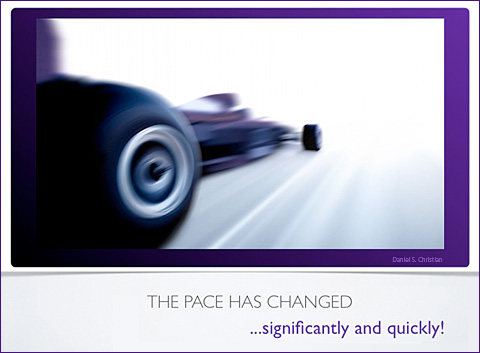The thinking LMS — from InsideHigherEd.com by — Steve Kolowich
If Facebook can use analytics to revolutionize advertising in the Web era, McQuaig suggested, colleges can use the same principles to revolutionize online learning.
The trick, she said, is individualization. Facebook lets users customize their experiences with the site by creating profiles and curating the flow of information coming through their “news feeds.” In the same motion, the users volunteer loads of information about themselves.
…
Unlike analog forms of student profiling — such as surveys, which are only as effective as the students’ ability to diagnose their own learning needs — Phoenix’s Learning Genome Project will be designed to infer details about students from how they behave in the online classroom, McQuaig said. If students grasp content more quickly when they learn it from a video than when they have to read a text, the system will feed them more videos. If a student is bad at interpreting graphs, the system will recognize that and present information accordingly — or connect the student with another Phoenix student who is better at graph-reading. The idea is to take the model of personal attention now only possible in the smallest classrooms and with the most responsive professors, make it even more perceptive and precise, and scale it to the largest student body in higher education.
“[Each student] comes to us with a set of learning modality preferences,” McQuaig said. The online learning platform Phoenix wants to build, she said, “reject[s] the one-size-fits-all model of presenting content online.” In the age of online education and the personal Web, the standardized curriculum is marked for extinction, McQuaig said; data analytics are going to kill it.









